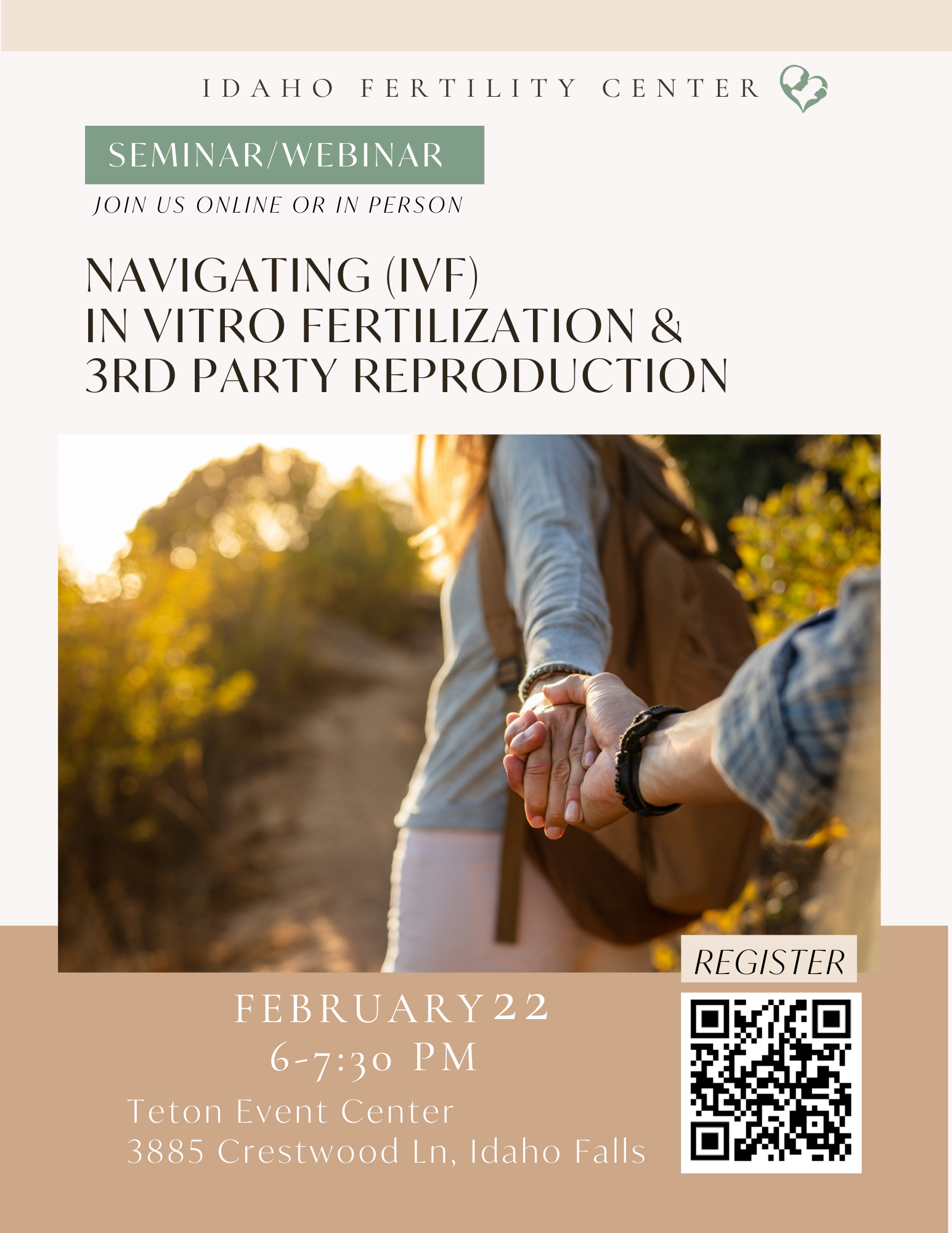
Have you heard that March is Endometriosis Awareness Month? We are committed to raising awareness of this health condition and how it relates to infertility in women. Whether you have been with diagnosed endometriosis or would like to learn more about the condition, we invite you to learn more about its impact on fertility.
Women who have endometriosis experience deposits of uterine tissue that grows in areas of the body outside the uterus. This can change the pelvic anatomy and cause distortion. In addition, when the deposits begin to bleed, they can release toxins that coat the membranes of the organs in this area. Known as the “peritoneal factor,” these toxins affect the envelopment of the eggs that pass from the ovaries to the fallopian tubes, making them less receptive to the sperm that tries to fertilize them.
When endometriosis occurs, it can reduce the chances of fertility to as little as 5%, making it difficult for women with endometriosis to conceive naturally. One of the treatments for endometriosis is to undergo surgery to remove lesions of tissue that release toxins, and while this can improve fertility for some women, the lesions continue to develop and release toxins over time. Many women find in vitro fertilization to be more effective in achieving conception.
To perform in vitro fertilization, we extract eggs from the ovaries, where they have not been affected by toxins, and then fertilize them with sperm and place them directly in the uterus. If you are interested in learning more about fertility treatments to combat endometriosis in Idaho Falls, Idaho, we invite you to contact Idaho Fertility Center at 208-529-2019 today for a consultation with our reproductive endocrinologists.




